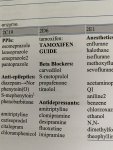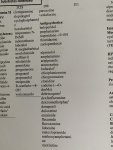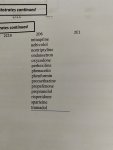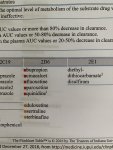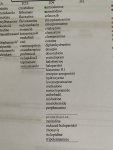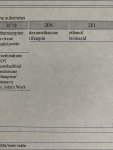You have to focus on the enzyme 2D6!
Wow, I've just learned a lot more on drug tolerance thanks to this. Thank you
@Martin aka paused||M.E.
So reading Wiki explanation on CYP2D6 enzyme, firstly there is considerable variation in the efficiency and amount of this enzyme in individuals, some will be fast metabolizers and some slow. What that means in half life variation between individuals is unknown, but fast metabolizers will need higher dosages to achieve efficacy while slow metabolizers will need lower dosages to avoid toxicity. So a half life of 75 hours could be...what...plus/minus 10%? More?
Then there's the drug interactions you listed as 'inducers' and 'inhibitors'. Drugs that may inhibit CYP2D6 enzyme will slow metabolizing, and inducers will increase metabolizing, either increasing or reducing elimination of the other drug (ie Abilify) respectively. So I see cannabidoil, which I've been taking, is a strong inhibitor of the enzyme which maybe explains why I haven't been able to tolerate higher doses of Abilify. So too, I see, is Doxepin an unspecified inhibitor which I also take. Interestingly, it suggests poor metabolizers will have an exaggerated response to the drug and increased side-effects. So by avoiding these inhibitors, I might reduce the side effects.
So is it just CYP2D6 with Abilify? I'm going to try Abilify again without Doxepin, which I'm currently tapering off, to see if it can help with tolerance, and as well as avoid CBD oil during this trial in a few weeks.

